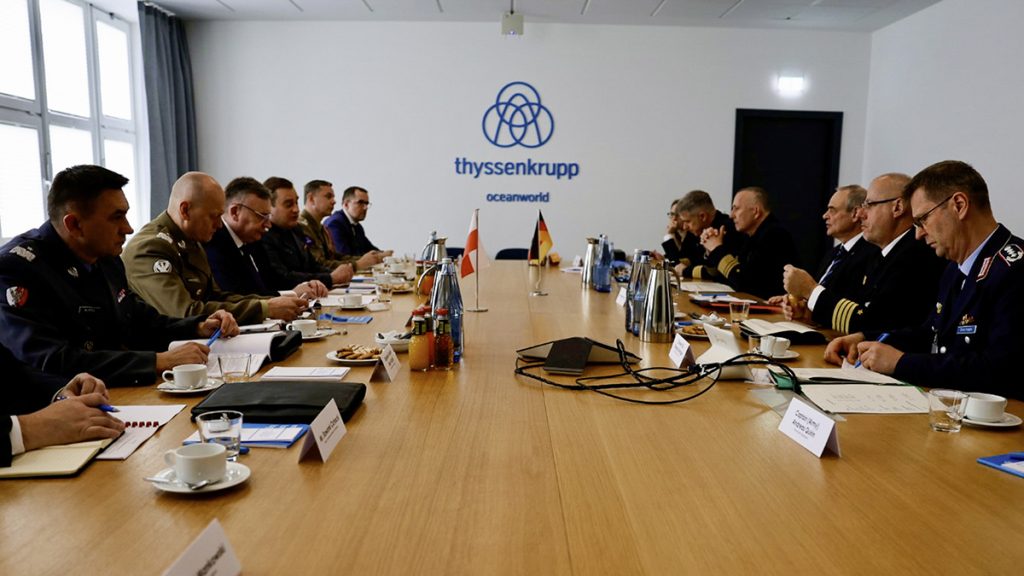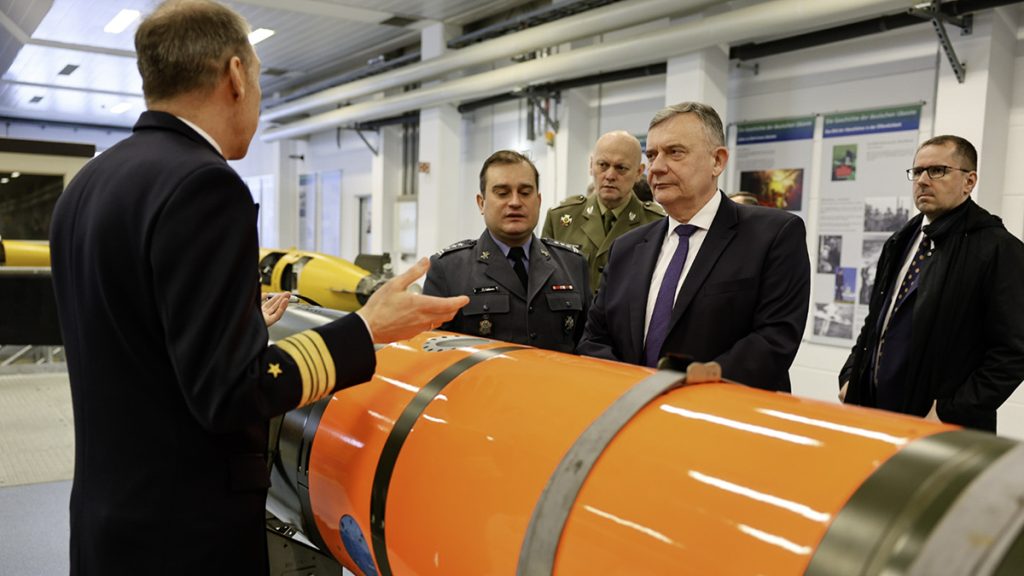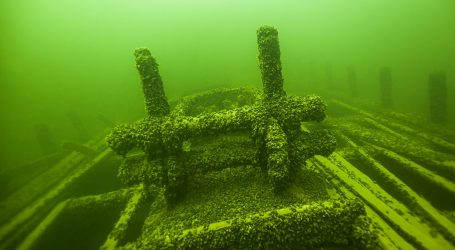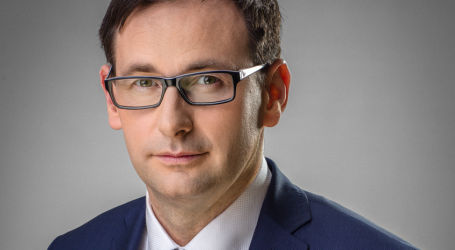Polish Deputy Ministry of Defence visiting Germany
Deputy Defence Minister Paweł Bejda visited Germany this week, where, among other things, he visited a submarine training centre and shipyard in Kiel. Germany is one of the countries – alongside Italy and Sweden, among others – that Poland is considering for the purchase of submarines for the Polish Navy.
The programme for the purchase of several – most likely three – new submarines is one of the most important and urgent modernisation programmes for the Polish Navy, which currently has one post-Soviet and extremely outdated vessel of this type. The programme, called ‘Orka’, has been dragging on for more than a dozen years. Deputy Prime Minister and head of the Ministry of Defence, Władysław Kosiniak-Kamysz, has repeatedly assured in recent months that a decision on the purchase of submarines would be made later this year.
A total of seven companies from various countries – two from South Korea and one each from France, Spain, Germany, Sweden and Italy – have submitted bids for the sale of the vessels to Poland. According to signals from the Armaments Agency, which is in charge of the purchase of equipment for the Polish armed forces, the best evaluated were three of them – German (ThyssenKrupp Marine Systems shipyard), Swedish (Saab) and Italian (Fincantieri).
The MOD has been in contact with these manufacturers in recent weeks. At the end of January, Bejda – the MOD’s deputy minister in charge of armaments – visited Karlskrona, Sweden, where, during a meeting with Swedish Deputy Defence Minister Peter Sandwall, the issue of submarine purchases, among other things, was discussed. In January, Defence Minister Władysław Kosiniak-Kamysz also visited Sweden, accompanied by, among others, representatives of the Polish defence industry.
In February, Bejda visited La Spezia, Italy, where there is a large Italian naval base and the Ficantieri shipyard. There, he met with Matteo Perego di Cremnago, Undersecretary of the Italian Ministry of Defence, as well as representatives of Ficantieri; as the Ministry of Defence reported at the time, the Italian side presented its offer for the sale of submarines and units currently under construction for the Italian navy.
In turn, on Thursday, the MOD reported on Bejda’s visit to Germany during which the Deputy Minister visited, among other things, the Submarine Training Centre in Eckernförde. This is, it was noted, ‘one of the key training centres of the German Navy, specialising in the preparation of submarine crews for operational tasks’.

– During the visit, Pawel Bejda and the German Secretary of State at the Ministry of Defence, Benedikt Zimmer, were introduced to the naval training process, modern simulators and technologies supporting training. During the meeting, the principles of logistical support systems and servicing of vessels were also presented, the defence ministry said.
In addition, Bejda visited the ThyssenKrupp Marine Systeme GmbH shipyard in the Baltic city of Kiel, which, as the Ministry of Defence points out, has for years specialised in the construction of modern submarines and other warships.
– The Polish delegation had the opportunity to look at the production process, as well as discuss the possibilities for possible future cooperation. The visit concluded with a bilateral meeting between delegations from both defence ministries. As part of the discussion, prospects for the development of military-technical cooperation between Poland and Germany were discussed, with particular emphasis on the modernisation process of the Polish Navy and the exchange of experience in the training and modernisation of the armed forces, the Ministry of Defence reported.
Currently, the Polish Armed Forces have one submarine on board – ORP Orzeł, which was developed in the USSR and entered service in the Polish Army in the mid-1980s. In addition, since 2002, the Polish Navy has also used small Kobben-type submarines acquired from Norway – four in total, the last two of which were withdrawn from service in 2021
Source: PortalMorski.pl




